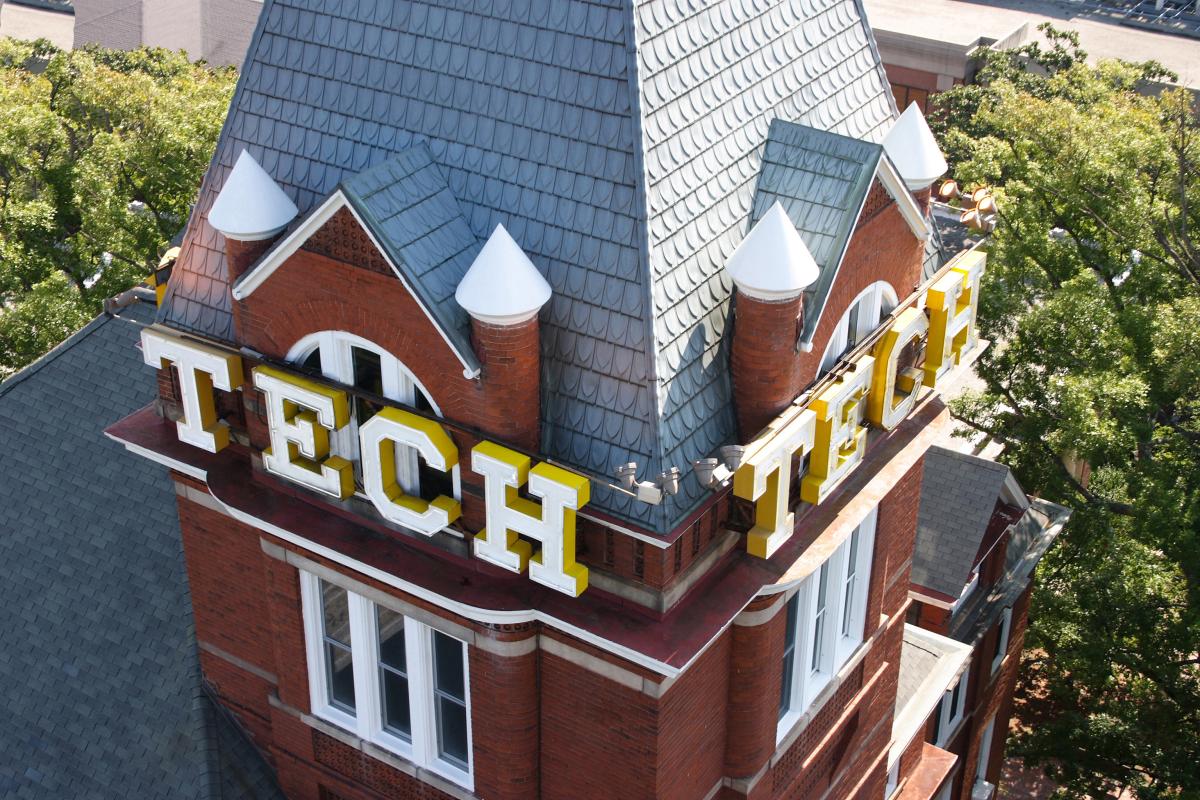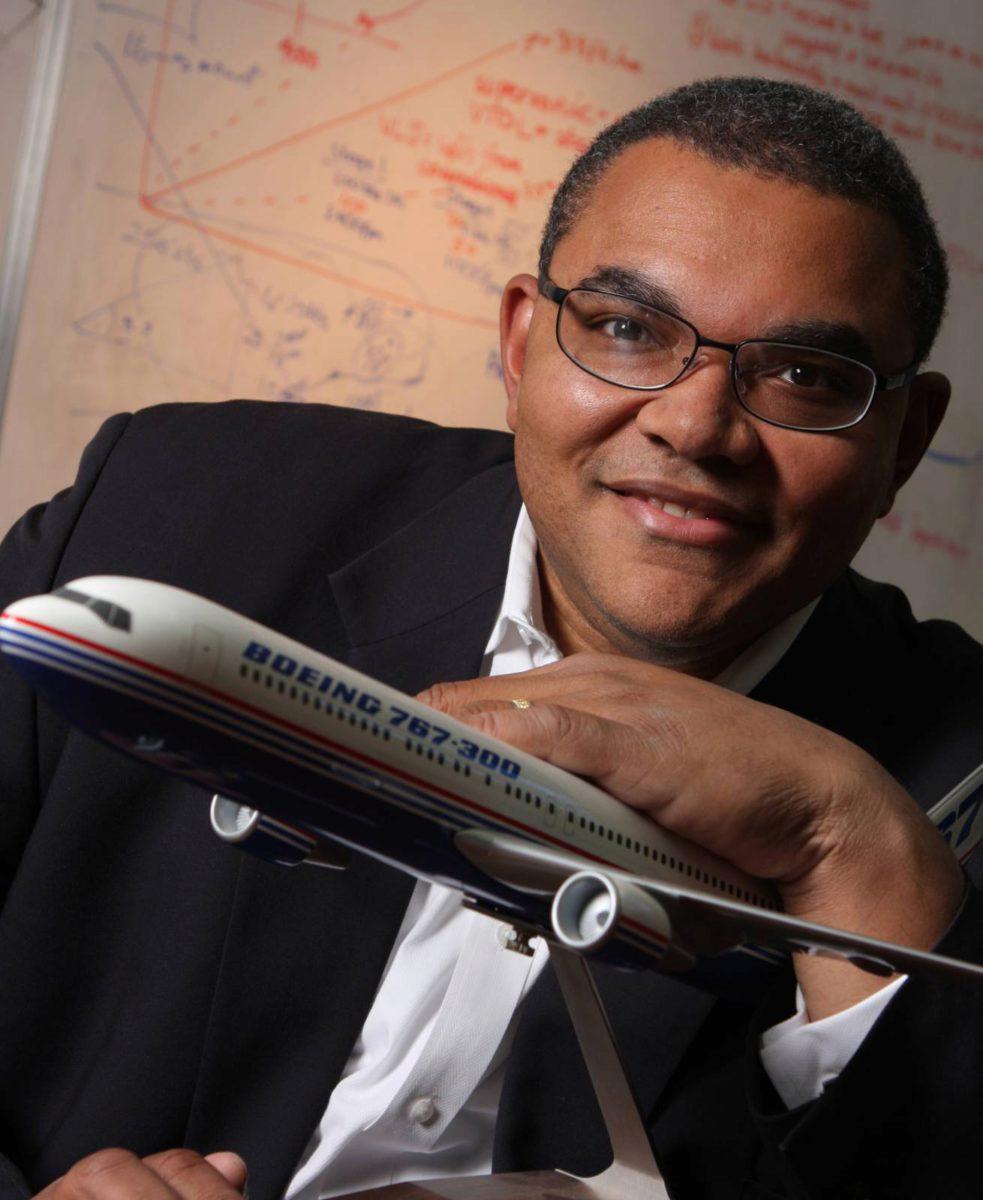
The Aeronautics Committee advises the NASA Administrator through the NASA Advisory Council on strategic plans, programs, policies and other matters pertinent to the Agency's responsibilities for aeronautics research and development. Its advice spans basic research and technology applicable to all areas of aviation that are under the purview of the Aeronautics Research Mission Directorate. These areas include but are not limited to commercial air transportation, advanced air vehicles, aviation safety, and air transportation system technology research, development, and demonstration.
The Aeronautics Committee meets four times a year, usually in advance of the quarterly meeting of the full NASA Advisory Council. Meetings are open to the public and are announced on their website, as well as in the Federal Register. The Committee's members are appointed by the NASA Administrator and represent a balance of broad technical and customer expertise with members from industry, academia, and professional organizations. Committee members are appointed for two years.
Clarke received his B.S. (1991), M.S. (1992) and Sc.D. (1997) from the Massachusetts Institute of Technology (MIT) and was a faculty member at MIT prior to moving to Georgia Tech. He has also been a researcher at the NASA Jet Propulsion Laboratory and a visiting scholar at the Boeing Company. He is a member of the Airline Group of the International Federation of Operations Research Societies (AGIFORS), the American Institute of Aeronautics and Astronautics (AIAA), the Institute for Operations Research and the Management Sciences (INFORMS), the Institute of Navigation (ION) and Sigma Xi, The Scientific Research Society.
Clarke serves on several national and international committees including the Aeronautics and Space Engineering Board (ASEB) of The National Academies, the FAA Research Engineering and Development Committee (REDAC), the AIAA Air Transportation Systems Technical Committee and the Society of Automotive Engineers (SAE) Aircraft Noise Committee. His research and teaching address issues of optimization and robustness in aircraft and airline operations, air traffic management and the environmental impact of aviation.
